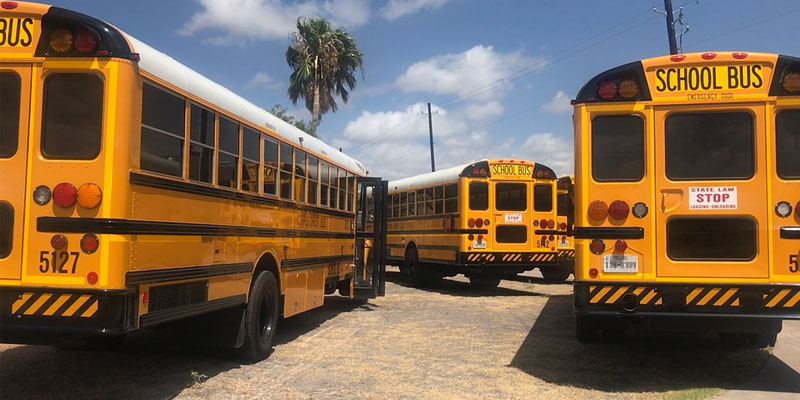Governor Kay Ivey and the Alabama Department of Early Childhood Education on Thursday officially announced the locations of 164 new First Class Pre-K classrooms across 38 counties, with more new classrooms still to be announced before the start of the 2019-2020 school year.
Alabama’s voluntary First Class Pre-K program has been ranked as the nation’s best for 13 consecutive years. The 164 new classrooms will expand the program’s total reach to 21,636 children, with more than 1,202 classrooms statewide, moving closer to the Ivey administration’s goal of serving up to 70% of eligible four-year-olds.
“Alabama’s First Class Pre-K program is truly the model of the nation,” Ivey said in a statement. “By adding 164 classrooms, we are ensuring more of our youngest learners are getting a strong start to their educational journeys, which will lead them to an even stronger finish in their careers. Other states across the country want to emulate what we are doing with early childhood education here in Alabama, and much of that is thanks to the tremendous leadership of Secretary Jeana Ross.”
Additional grants will be awarded by the Department of Early Childhood Education based on further evaluation of high-needs areas before the commencement of the upcoming school year.
The new classrooms were made possible by the Alabama legislature approving Ivey’s recommended Education Trust Fund budget increase for the Department of Early Childhood Education, which included the largest ever single-year expansion of First Class Pre-K. That budget bill was signed by the governor on Thursday.
This morning, I officially signed Alabama’s Education Trust Fund. This is the largest investment in education in Alabama to date! Our work has only just begun. Our students, our educators — and our future — remain a top priority. pic.twitter.com/AjEY9IWomo
— Governor Kay Ivey (@GovernorKayIvey) June 6, 2019
In addition to funding new classrooms throughout the state, the Department of Early Childhood Education will continue to ensure pay parity for all First Class Pre-K teachers with the same 4% pay raise as K-12 public school teachers in the upcoming school year.
This came months after a study concluded that students who participate in First Class Pre-K are more likely to be proficient in math and reading, with no evidence of fade out of the benefits of the world-class pre-k program over time. These long-term results hold true even after the study controlled for student demographics and other variables such as poverty.
In a statement Thursday, Secretary of Early Childhood Education Jeana Ross said, “Thank you to our state leaders for ensuring that even more children and their families are provided the high quality early learning experiences that will positively impact their educational achievement and future success.”
“We are committed to quality and equity in early childhood education – without compromise,” she concluded.
Locations of the 164 new First Class Pre-K classrooms can be found here.
Sean Ross is a staff writer for Yellowhammer News. You can follow him on Twitter @sean_yhn













